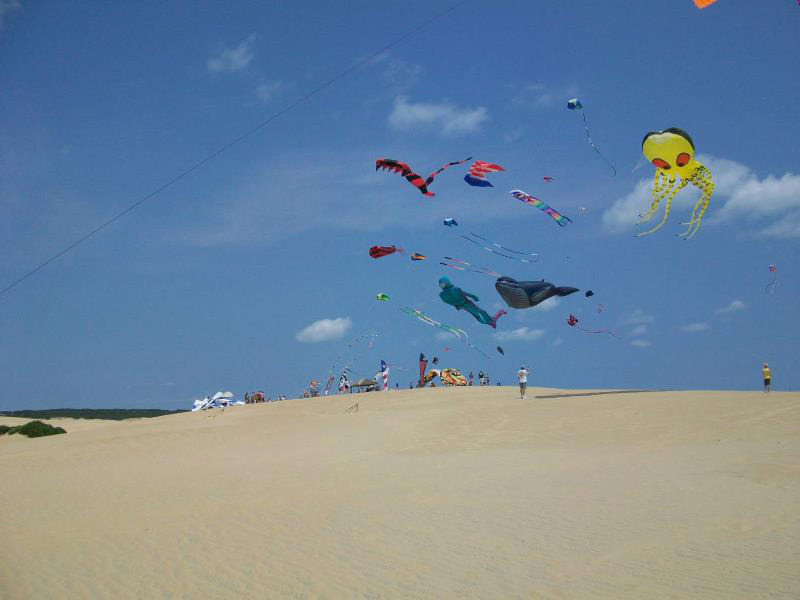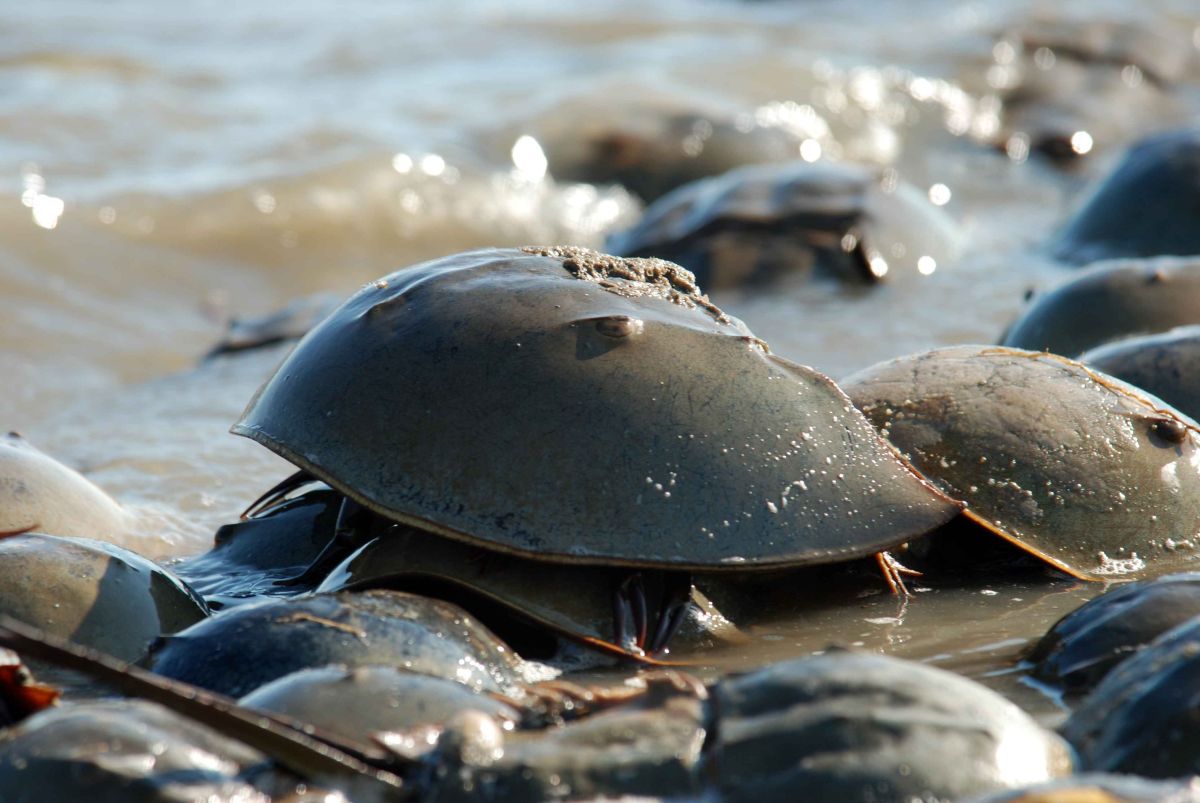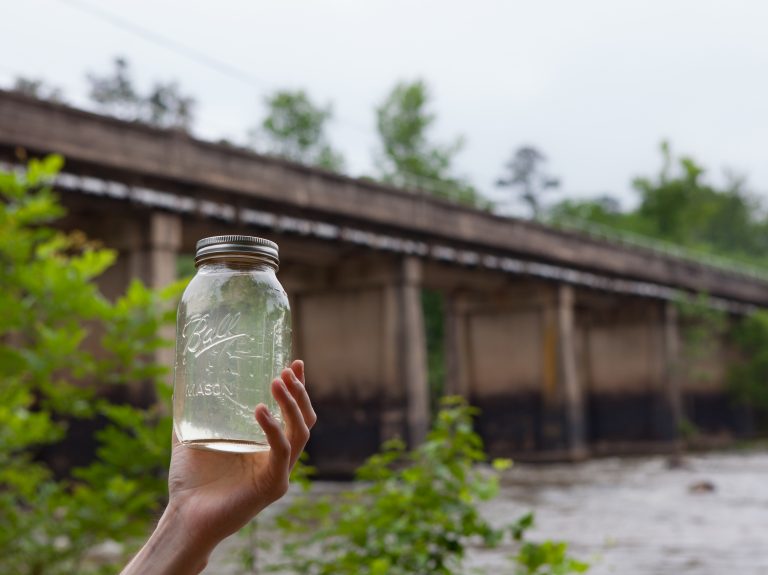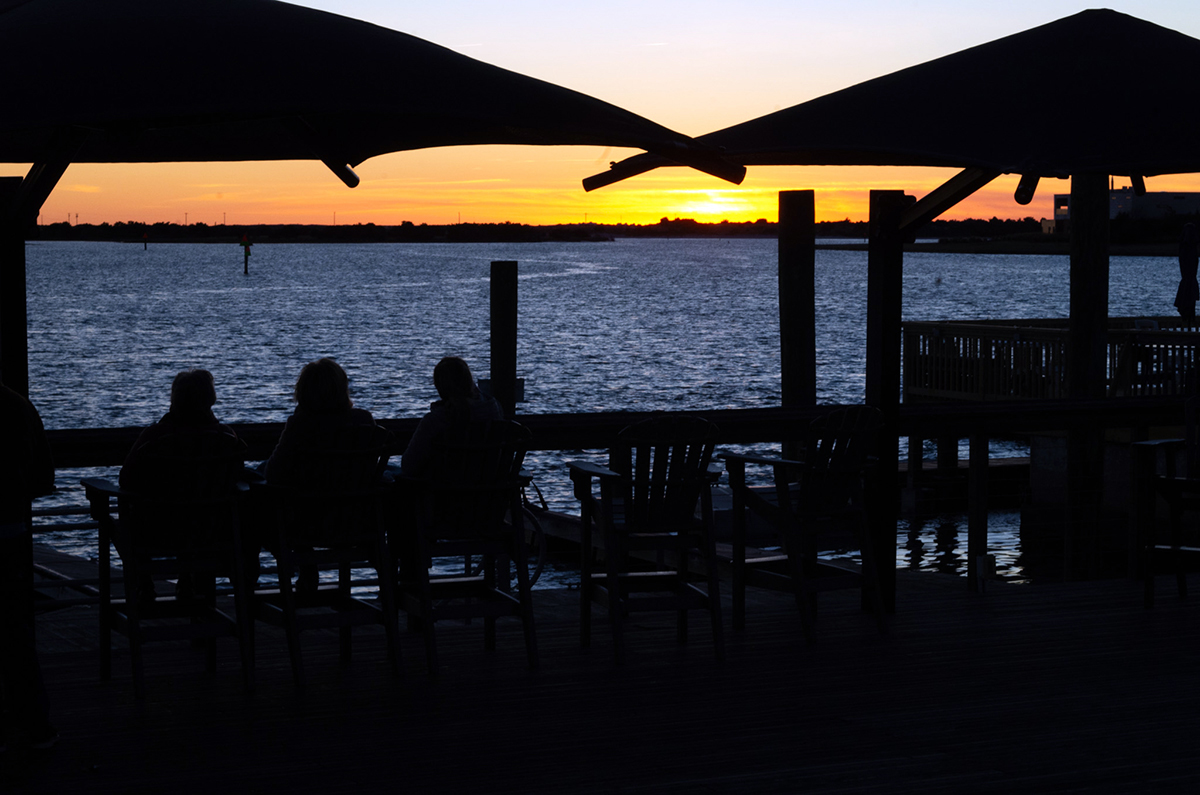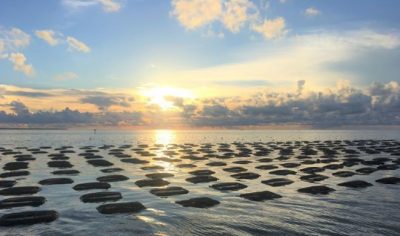
State Division of Marine Fisheries officials are hosting an informational meeting Wednesday on shellfish leases and shellfish aquaculture enterprise areas in and around Bogue Sound.
The virtual meeting is set for 5:30 p.m. Wednesday.
Supporter Spotlight
Division staff are expected to share information on the Bogue Sound Shellfish Aquaculture Enterprise Areas, a pilot project, and give an overview of the Shellfish Lease and Aquaculture Program and how to apply.
There will be an opportunity for the public to comment on efforts to address issues related to shellfish leases. As part of the pilot project, staff met with local government officials from towns surrounding Bogue Sound over the past several months for preliminary feedback and to help prepare for the meeting.
Bogue Sound and the New Hanover County area have been under a moratorium on new shellfish leases and new shellfish water column leases for aquaculture since July 1, 2019. The moratorium was set to expire July 2, 2021, but last year the North Carolina General Assembly extended the provision for both types of leases until July 1, 2026.
“These moratoriums resulted from the substantial increase in the number of user conflicts coinciding with the recent expansion of the shellfish aquaculture industry and its use of intensive gear in water column leases,” according to an April 2020 report by the division. The report looks at areas currently under a statutorily mandated shellfish lease moratorium that could potentially be established as SEAs, or large areas preapproved for shellfish leasing subdivided into multiple smaller parcels for shellfish aquaculture.
“The primary benefit to shellfish growers (and state shellfish regulators) is that applications for these pre-approved shellfish leases can proceed without going through the rigorous and lengthy application siting process,” the report states. “Streamlined permitting encourages industry development by easing the state’s shellfish lease application burden and potentially mitigating user conflict issues. This process also provides the state greater authority to regulate the activities within the designated
SEAs.”
Supporter Spotlight
User conflicts include concerns such as navigation or the view from nearby homes.
Shellfish Lease and Aquaculture Program Coordinator Owen Mulvey-McFerron told Coastal Review that the Bogue Sound moratorium is not affected by the study.
“Our goal with this meeting is to provide education on shellfish leases in general and on the potential of SEAs in Bogue Sound,” he said.
Mulvey-McFerron said the division hopes to reach as many directly or indirectly affected residents of the Bogue Sound area “to provide as much information as we can on this topic. Ideally, this would help foster open communication about shellfish leases and SEAs at the town level and enable town leadership to discuss this potential with their constituents and with the DMF.”
The General Assembly, in its 2019 aquaculture bill, assigned the division to study shellfish aquaculture enterprise areas. Other states currently employ similar frameworks under different names such as enterprise areas or aquaculture enterprise zones, he continued.
Essentially, the division goes through the traditional shellfish leasing application process for a large tract of public trust water. “This area still is required to meet all the minimum standards and compliance thresholds that current shellfish lease applications are held to,” Mulvey-McFerron said.
The division would then take applications for small, subparcels in this larger area, which would then allow for applicants to obtain leasing rights more expediently than if they had applied for a shellfish lease themselves, he continued. “The primary advantage of SEAs is that the application process is more streamlined for the applicants.”
Part of the General Assembly’s directive was to determine feasibility in areas with a history of user conflicts between shellfish leases and other public trust water user groups, which have led to moratoriums, such as Bogue Sound.
“To start this process, DMF — specifically the Habitat and Enhancement Section staff — met with the individual municipalities around Bogue Sound to discuss the SEAs and shellfish leasing process and gather preliminary feedback,” he said. “We are now having a larger public meeting, and have requested the municipalities’ help in spreading the word to their constituents. We will then be reporting the meeting and any responses from the meeting in our feasibility study for SEAs in Bogue Sound.”



